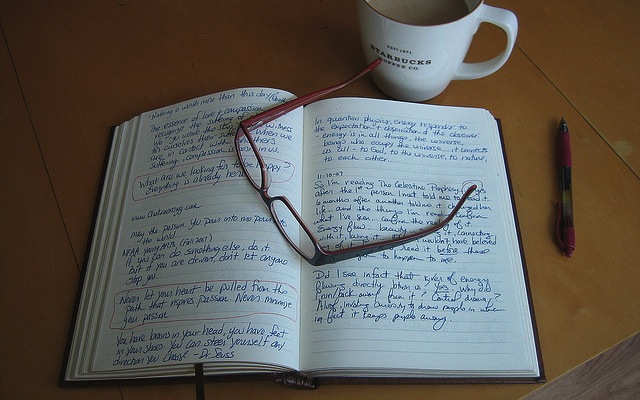I’ve talked about this for the longest time. I’ve done it off and on. But not until this became a daily practice, did I realize how much better it made my practice time.
Why journal, when you really just want to practice? In the moment it often feels like a waste of time and a distraction from the task at hand. But… when enough of these journaling moments are strung together you begin to realize the following:
- How much time you lost/wasted because you left out journaling
- How much more efficient (faster) you become at getting from point A to B.
- How much clarity you gain from the act of seeing your efforts on paper.
I won’t belabor the reasons to journal. If the above three points aren’t compelling for you, you are just dabbling in the violin. Whether pro or amateur, a real violinist shows up regularly, and brings crystal clear focus to her work. It is the difference between a wonderful lifelong journey with our magnificent instrument and simply being the owner of a violin shaped object that will ultimately end up collecting dust in the corner of a closet.
A violin journal can/should be structured according to your particular needs. Here I will share what I keep track of in my journal:
- Current musical and technical goals, updated regularly. Include performance opportunities and dates.
- A “setlist” of my practice time, the pieces, etudes and scales that I incorporate in my session
- Notes alongside the setlist that remind what/how I did last and what’s next for each setlist entry
- Audio and Video entries that help me self-assess and track my progress over time.
- For performance pieces, an annotated extra copy of the sheet music with free form ideas, sketches, descriptions, etc. that encapsulate my ideas about the piece.
- Notes from your teacher/coach
If you have ambitious performance goals, spend more time on journaling. If you’re on a basic course of study, the journal can be quite simple.
Bottom line: if you care, keep a journal. Keep it fresh. Make it real and make it useful. And enjoy your violin journey!

